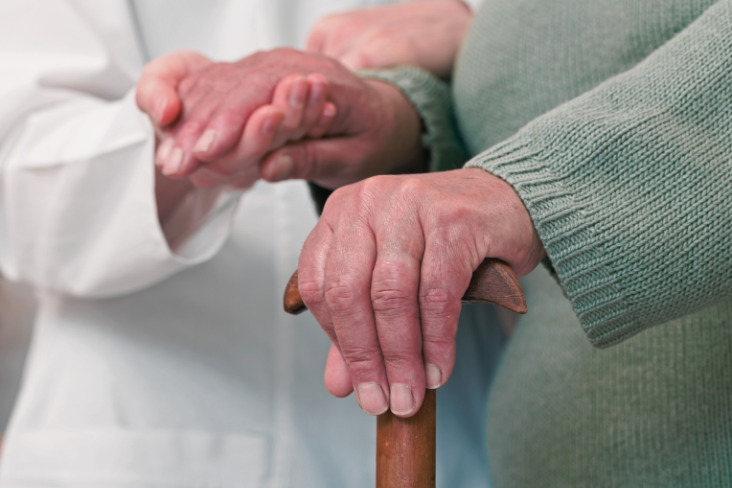Advocate highlights need to recognise ‘less obvious’ forms of elder abuse
30 November, 2023
Interview by Olivia Bing, adapted by Kate Walker
Age Concern New Zealand’s Educator of Elder Abuse and Neglect, Hanny Naus, says it is important to be aware of non-physical forms of elder abuse, which are more likely to go unreported.
According to Age Concern New Zealand, a charity supporting the wellbeing of those over 65, psychological and financial abuse are the most common types of elder abuse in New Zealand.
Psychological abuse can be cultural, social, or emotional, and financial abuse can look like stealing or leeching off of elderly people. In both cases, the perpetrator is more likely to be someone close to the individual, such as a family member.
While most people can easily recognise physical abuse of older people, which is one in five cases of elder abuse seen by Age Concern, Educator of Elder Abuse and Neglect, Hanny Naus, told 95bFM’s The Wire that non-visual signs can be “less obvious.”
“People don't necessarily pick up what's happening to an older person, because they can't see bruises or anything like that.”
Naus highlights that changes in an older person’s attitude, both in general, and around specific people, can be a sign of abuse.
Another sign of abuse can be if an elderly person has an empty bank account that previously held a substantial amount of money, and is needing to borrow money for necessities.
“Signs there has been some deprivation or fear and anxiety about what should or shouldn't happen is worth checking out.”
Naus urges people to speak out about elder abuse they may see in their families and communities.
She says elder abuse is often underreported as the older person experiencing abuse feels ashamed or embarrassed, and does not want their family members to get in trouble.
“Our suggestion is to always ring up Age Concern and get advice about what might be the next step. Don't wait until you've got proof.”
Naus says Age Concern works with families to make sure older people are safe and protected.
“Elder abuse isn't just about older people. It's about families, intergenerational discussions, and addressing intergenerational concerns.”
If you suspect an older person you know is being abused, you can contact Age Concern NZ on 0800 652 105.
Public Interest Journalism funded through NZ On Air

 95bFM
95bFM 

